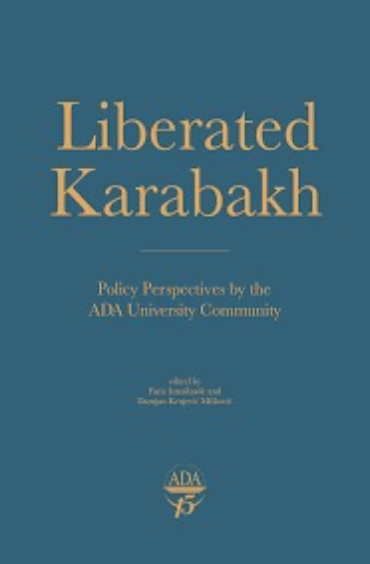Decades of Uncertainty: Azerbaijani Missing Persons from the First Karabakh War
An emotional scene from the 2008 Iranian television series Prophet Joseph, where Joseph is reunited with his father Jacob after years of separation, evoked a deep sense of longing in Azerbaijani father Gameddin Mammadov. Overcome with emotion, he reflected on his own sorrow and voiced his hope, saying, “One day, I will reunite with my son like this.” Gameddin Mammadov was the father of 18-year-old Ikhtiyar Mammadov, his only son, who went missing in 1993 during the First Karabakh War in the battles in the Aghdara district. Tragically, Gameddin passed away without ever fulfilling his dream of reuniting with his son.








